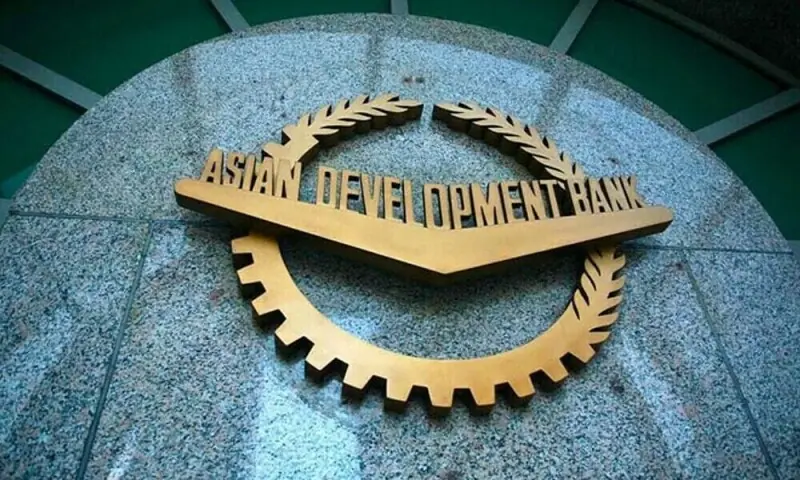Beijing’s anger at ‘extremely malicious’ US move to ramp up pressure on Chinese tech firms

By John Liu, CNN
Hong Kong (CNN) — The Trump Administration ramped up its pressure on Chinese tech firms on Monday by expanding restrictions imposed on certain companies to also cover their subsidiaries, a move that’s drawn the ire of Beijing as the two powers remain locked in a technology race.
The US action aims to stop sanctioned companies – including technology champion Huawei, memory chip giant YMTC and drone maker DJI – from evading export controls by funnelling restricted technologies through their subsidiaries.
The new rule “closes a significant loophole,” the US Department of Commerce said, by making any subsidiary at least 50% owned by a firm already on the export controls list face the same restrictions as the parent company – a shift that could affect tens of thousands of companies.
In response, a spokesperson for China’s Ministry of Commerce called the move “extremely malicious,” adding that the country would “take necessary measures” to protect the rights and interests of its companies.
“Beijing urges Washington to immediately correct its wrongdoing and stop its unreasonable suppression of Chinese companies,” the spokesperson said.
The curbs mark a fresh attempt by Washington to tighten restrictions already imposed on over a thousand of Chinese firms, which the Commerce Department deemed a risk to US national security or foreign policy interests. Entities on the list are required to obtain licenses for exporting certain products or technologies.
The restricted technologies cover a large swathe of future-defining industries such as artificial intelligence, semiconductors, advanced robotics, and equipment needed to produce them. The new rule will also extend to entities in the “Military End-User list,” which aims to prevent dual-use items from being diverted for military purposes.
The announcement injects fresh uncertainty into the ongoing US-China trade war, just weeks before President Donald Trump and Chinese leader Xi Jinping are expected to meet at the sidelines of the APEC summit in South Korea.
While the rule change does not specifically single out China, Chinese and Russian entities dominate the so-called ‘entity list,’ primarily for aiding their nations’ military technology advancements. China, in particular, has in recent years alarmed Washington with its rapid progress in chip and AI technologies, prompting the blacklisting of Huawei in 2019 and hundreds of others in subsequent years.
“For too long, loopholes have enabled exports that undermine American national security and foreign policy interests,” said Jeffrey I. Kessler, Under Secretary of Commerce for Industry and Security, in the department’s statement.
Experts and policy advisors have long warned against the possibilities of restricted companies utilizing their subsidiaries or affiliates to bypass the curbs. In 2023, the US House Foreign Affairs Committee released a report describing the use of the entity list as “ineffective” and calling for a new approach such as that announced this week.
In an example cited in the report, Huawei sold its smartphone brand Honor to a consortium that included the Chinese government in 2020, after it was added to the entity list. Honor has never been blacklisted. A separate congressional report said the case of Huawei and Honor exemplified Chinese companies “restructuring themselves potentially to circumvent US export and investment restrictions.”
In a policy document accompanying Monday’s announcement, the bureau responsible for export controls at the commerce department said it was concerned “the old approach can enable diversionary schemes, such as the creation of new foreign companies to evade Entity List restrictions.”
The expansion of controls to cover subsidiaries of listed entities took place immediately on Monday, with some companies granted exemptions for 60 days, the Commerce Department said.



